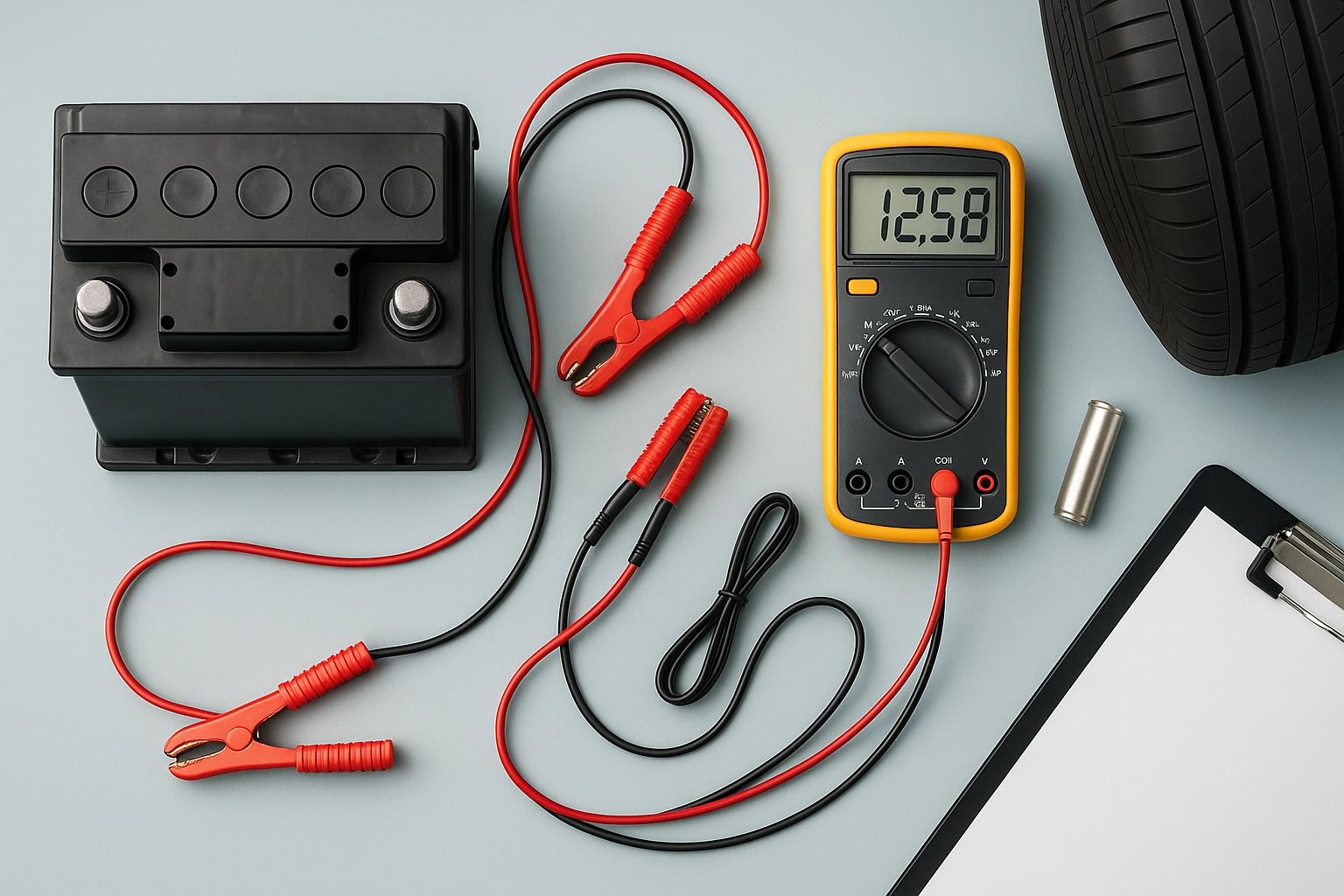IEC 63209 EV Battery Pack Propagation Resistance Test
The IEC 63209 standard is a critical guideline in ensuring the safe and efficient operation of electric vehicle (EV) battery packs. This test evaluates propagation resistance, which is essential for preventing thermal runaway and maintaining battery pack integrity during charging and discharging cycles.
Propagation resistance measures how easily electrical signals propagate through a battery pack under various conditions. A high propagation resistance indicates that the battery pack can manage electrical signals effectively without causing overheating or short-circuiting, which are significant safety concerns in EV batteries.
The test is conducted by applying a specified current to the battery pack and measuring the voltage drop across it. This measurement helps determine the resistance of the propagation path within the battery pack. Compliance with this standard ensures that the battery packs meet stringent safety requirements, thereby enhancing overall vehicle reliability and longevity.
For quality managers and compliance officers in the automotive sector, ensuring adherence to standards like IEC 63209 is crucial for maintaining product integrity and avoiding potential recalls or safety issues. R&D engineers can leverage this test to optimize battery design and improve performance parameters such as cycle life and energy efficiency.
The testing procedure involves connecting the battery pack to a specialized propagation resistance tester, which applies controlled current pulses. The voltage drop across different segments of the battery is then measured using high-precision instruments. This data helps in identifying any weak points or areas that require improvement in the design.
Real-world usage notes highlight that this test is particularly important for electric vehicle manufacturers who are under pressure to comply with stringent safety regulations globally. By adhering to IEC 63209, these companies can demonstrate their commitment to safety and quality, thereby building customer trust and confidence.
The benefits of conducting the propagation resistance test include enhanced battery performance, improved safety features, and better overall vehicle reliability. The testing process not only ensures compliance with international standards but also helps in identifying areas for improvement in the battery pack design.
Why It Matters
The IEC 63209 propagation resistance test is vital for several reasons. Primarily, it ensures that EV batteries can handle high power loads without overheating or experiencing thermal runaway. This capability is crucial in maintaining the battery's longevity and preventing potential safety hazards.
- Enhanced Safety: The propagation resistance test helps identify any weak points within the battery pack, ensuring that it operates safely under all conditions.
- Better Performance: By measuring how well electrical signals propagate through the battery, this test ensures optimal performance and efficiency.
For quality managers and compliance officers, adherence to this standard is not just about meeting regulatory requirements but also about maintaining a high level of product integrity. R&D engineers can use this data to refine their designs and improve overall battery performance.
Applied Standards
The IEC 63209 standard is widely recognized for its rigorous approach to evaluating propagation resistance in EV battery packs. It specifies the test methods, specimen preparation, and acceptance criteria necessary for accurate assessment.
Compliance with this standard ensures that the testing process adheres to internationally accepted guidelines. This includes using precise instruments and following standardized procedures to ensure reliable and repeatable results.
The IEC 63209 standard is particularly important in the automotive sector, where electric vehicle safety is a paramount concern. By adhering to this standard, manufacturers can demonstrate their commitment to quality and safety, thereby enhancing customer trust and satisfaction.
Benefits
- Enhanced Safety: The propagation resistance test ensures that EV battery packs operate safely under all conditions, reducing the risk of overheating or thermal runaway.
- Better Performance: By measuring how well electrical signals propagate through the battery pack, this test helps in optimizing performance and efficiency.
- Regulatory Compliance: Adherence to IEC 63209 ensures that manufacturers meet international safety standards, avoiding potential legal issues.
The propagation resistance test is crucial for maintaining the highest level of product integrity. By ensuring compliance with this standard, companies can demonstrate their commitment to quality and safety, thereby enhancing customer trust and satisfaction.





